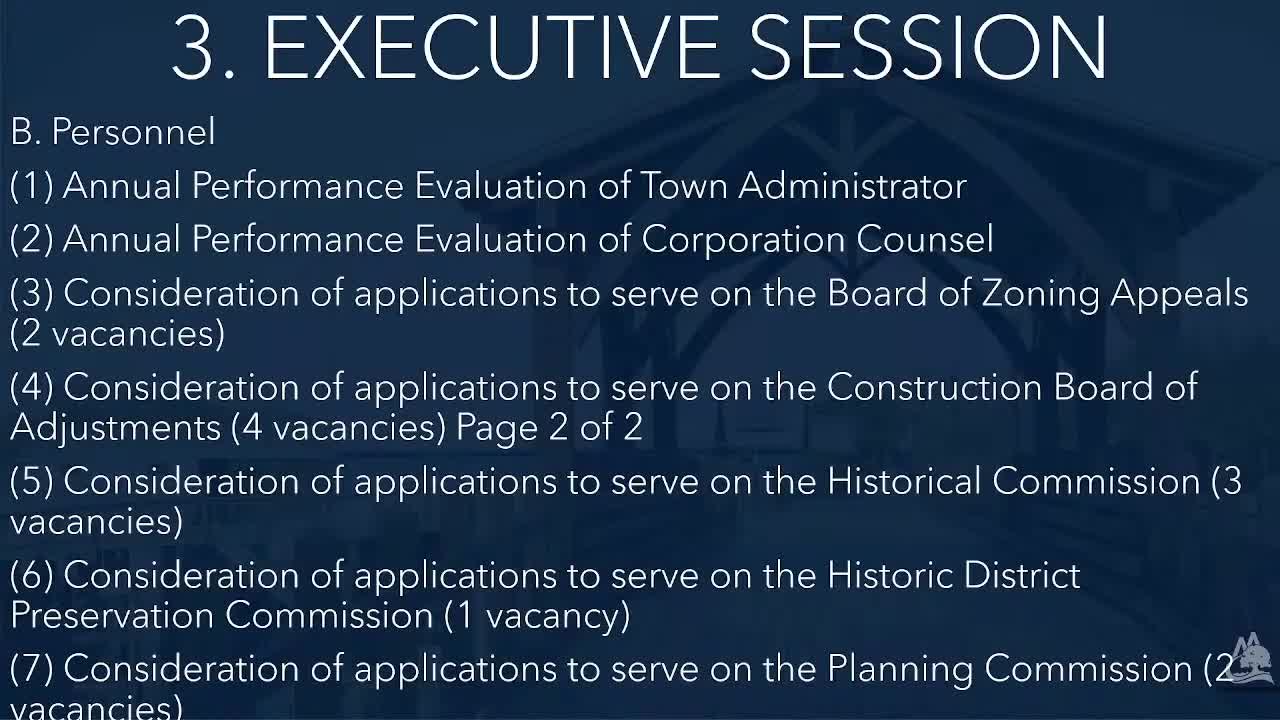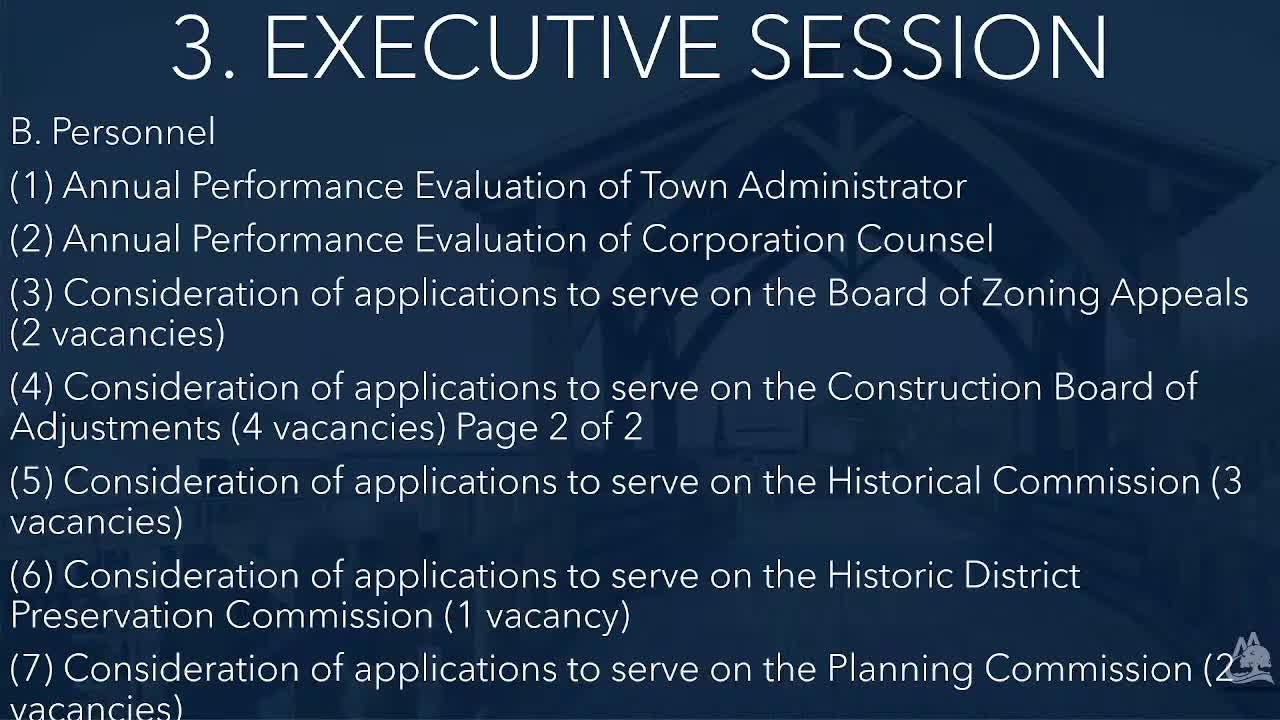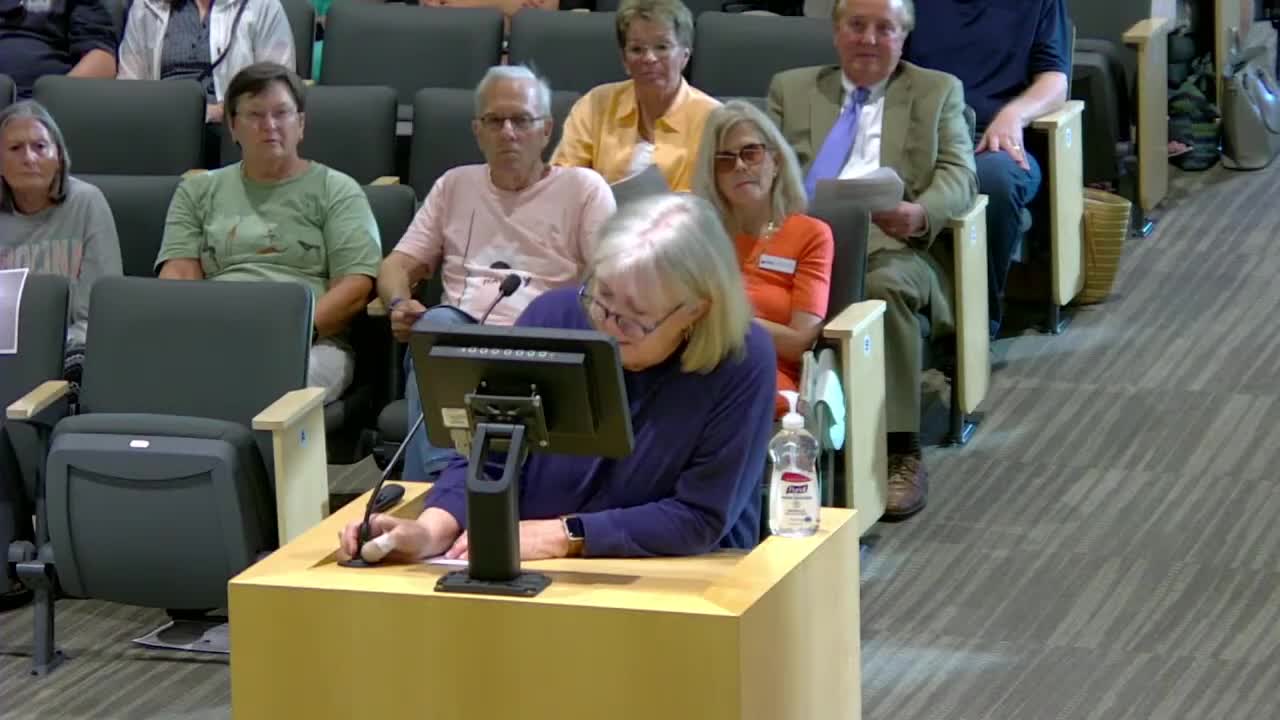Article not found
This article is no longer available. But don't worry—we've gathered other articles that discuss the same topic.

Votes at a glance: Mount Pleasant council approves contracts, appointments, planning items, impact-fee amendment and budget

Council directs staff to draft tree task force parameters after residents call for stronger canopy protections

